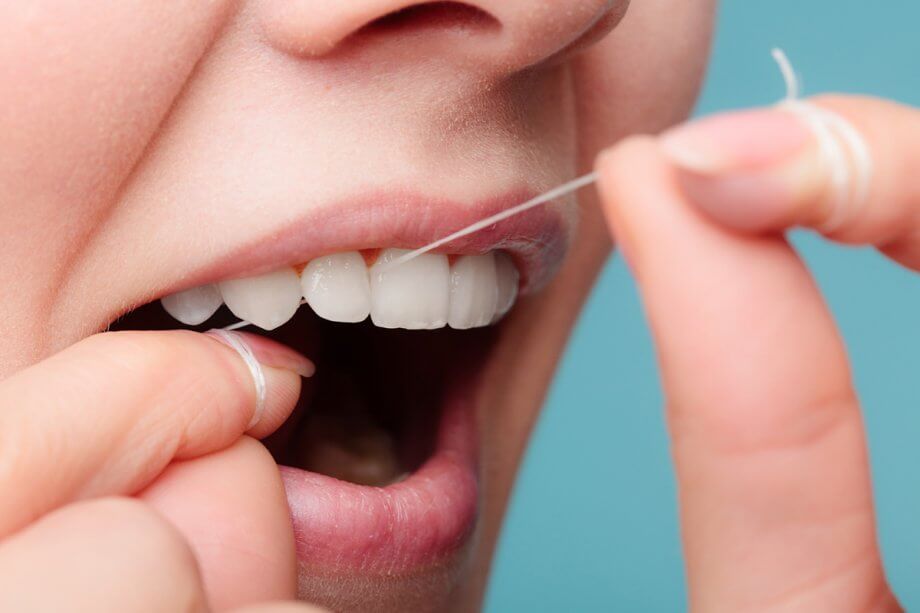Xerostomia, also known as dry mouth, is clinically diagnosed when your salivary glands don’t produce enough saliva for your mouth.
For some patients, dry mouth is simply caused by breathing in dry air, certain medications, or dehydration. For others, it’s a recurring, chronic problem caused by an underlying condition. Whether your dry mouth is temporary or permanent, this is a treatable condition.
How does dry mouth affect your oral health? Depending on the severity and how long the condition has been happening, there are several things that can be happening to your teeth and gums as a result of dry mouth. Let’s take a look!
Dry Mouth and Oral Health
When you have a decrease in saliva production, it’s common for other oral health problems to arise. Saliva neutralizes acids in your mouth, restores minerals to your teeth, and helps wash away food particles. In fact, it’s known as one of your body’s natural defenses against acid erosion.
When dry mouth occurs because of the lack of saliva, serious oral conditions like gum disease, tooth decay, dental staining, and enamel erosion are common.
Gum disease is one of the most common complications of dry mouth. It’s caused by tartar and plaque buildup on gums, and if left untreated, worse conditions such as tooth decay occur. Dry mouth can also result directly in tooth decay because it allows dangerous acids to rest on teeth. These acids left on teeth also lead to enamel erosion, which leads to dental staining.
Dry Mouth Treatments
Some symptoms of dry mouth are obvious, such as not having enough saliva even to speak. However, there are other symptoms like cracking or chapping of the lips or corners of the mouth, constant thirst, and a burning sensation in the mouth or throat. Sore throat, raw tongue, hoarseness, trouble swallowing or speaking, and bad breath are also common symptoms of dry mouth.
Luckily, dry mouth is treatable, and restoration is available to the appearance of teeth and other oral health problems.
Treatment varies based on the severity of the condition and the damage caused by dry mouth. For example, to help reverse gum disease, your dentist may recommend treatment like dental crowns, tooth-colored fillings, or scaling and root planing.
You can also help alleviate dry mouth and prevent damage at home by using a humidifier to moisten the air, drinking plenty of water for hydration, chewing sugar-free gum, and using a saliva substitute that you can find over the counter. It’s also important that you brush and floss at least twice a day to help remove plaque and acid buildup.
Fabel Dental Offers Dry Mouth Relief
If you’re looking for a reliable dentist that specializes in maintaining good oral health, call Fabey Dental at 610-810-2704 to make an appointment or request an appointment. If you call by 12:00 p.m., you have the option to be seen the same day.
We offer a wide range of treatments to address how dry mouth affects oral health. To find a treatment plan that works for you, contact us today.

